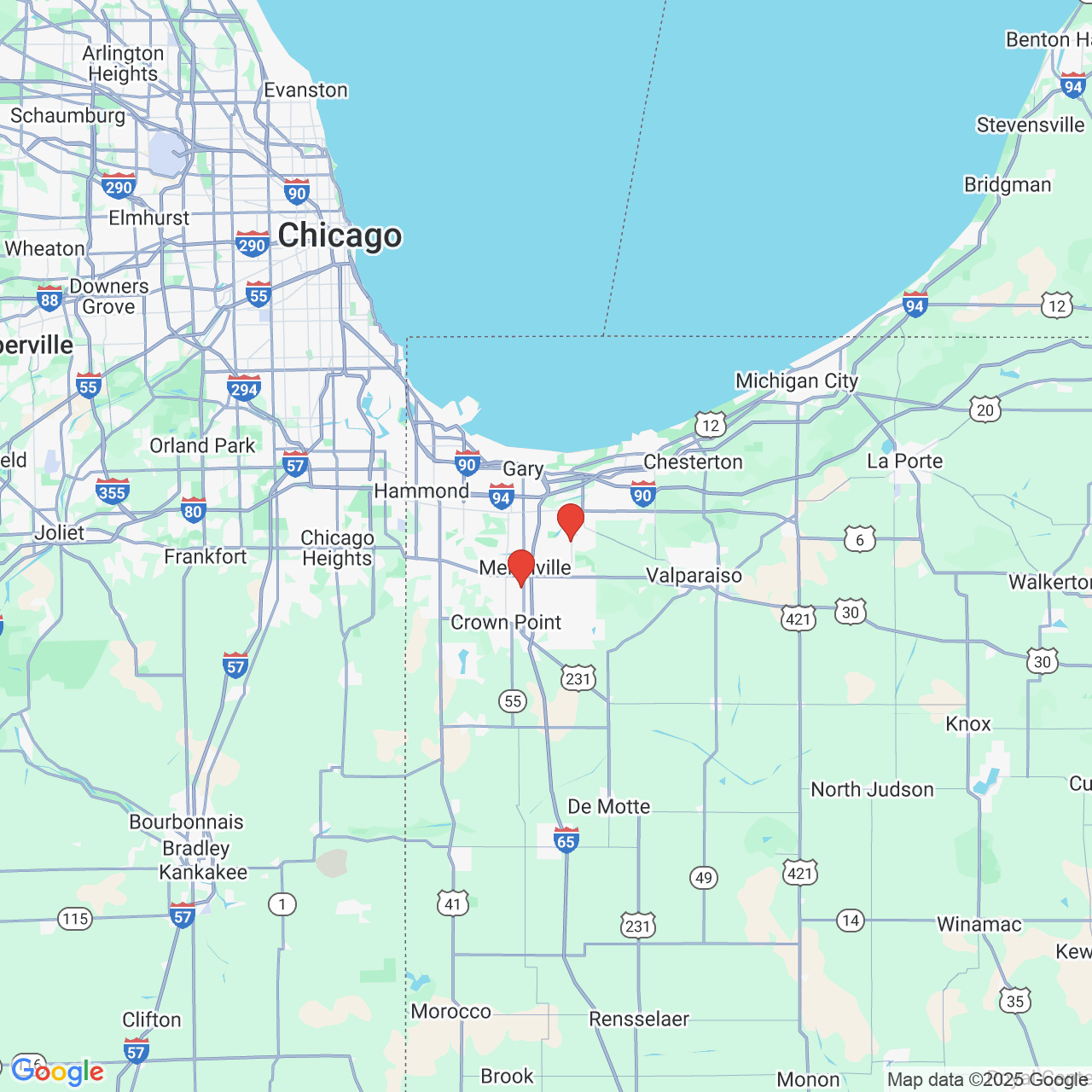Conditions That Cause Poor Central Vision
 Your vision is precious, which is why all attempts need to be made to prevent vision loss and preserve your eyesight. We take all precautions necessary at our Merrillville eye care center to prevent loss of vision and ensure healthy eyes for years to come.
Your vision is precious, which is why all attempts need to be made to prevent vision loss and preserve your eyesight. We take all precautions necessary at our Merrillville eye care center to prevent loss of vision and ensure healthy eyes for years to come.
Central vision loss is just one of the issues we deal with at our advanced eye care center. Let's look at some common causes of central vision loss and what can be done for treatment.
Age-Related Macular Degeneration (AMD)
Age-related macular degeneration is a condition that involved the breakdown of the macula, the central portion of the retina. There are two kinds of AMD. The most common type of AMD is dry AMD, comprising around 80 percent to 90 percent of all cases; wet AMD is much rarer.
Treating and Managing AMD
Dry AMD is incurable even though it is the most common form of the condition. That said, vision loss and quality can be managed and addressed through the use of dietary supplements(particularly those involving lutein and zeaxanthin) and positive changes to a patient's diet and lifestyle.
Wet AMD can also be address with lutein and zeaxanthin supplements and lifestyle changes. In addition, laser surgery procedures have also proven effective at addressing wet AMD.
Stargardt's Disease
Stargardt's disease is similar to AMD but it is an inherited condition rather than something that occurs as a result of the aging process. This form of macular degeneration affects children rather than adults, causing progressive vision loss. It's very rare, only affecting an estimated 1 in 10,000 people.
Treating and Managing Stargardt's Disease
As of now, Stargardt's disease remains incurable. While research continues, eye doctors can take steps to help prevent total vision loss and maintain as much of a patient's good vision as possible. This tends to involve the use of vitamin A supplements and having patients wear dark glasses to protect their eyes from the sun.
Diabetic Retinopathy
People who have suffered from diabetes for a long stretch of time face a number of different health issues related to their condition. One of these is diabetic retinopathy, which affects the blood vessels in the eyes and can lead to significant vision loss.
Treating and Managing Diabetic Retinopathy
The best way to treat diabetic retinopathy is proper management of diabetes. Patients are encouraged to control their blood sugar and take their insulin as directed. If the blood vessels cause significant damage to a person's eyesight, laser damage may be recommended for treatment.
Macular Edema
Macular edema is a condition that is the result of the macula becoming swollen and thicker. When this occurs, it's difficult for the macula to function properly, causing vision loss and a major dip in vision quality.
Treating and Managing Macular Edema
The best way to treat macular edema is the use of anti-VEGF (vascular endothelial growth factor) drugs. This helps control blood flow and keeps swelling abnormal blood vessels under control. Laser therapy can also be performed depending on the nature of the condition.
Macular Pucker
Macular pucker refers to cases in which the macula becomes uneven, possibly the result of wrinkles or bumpiness of the retina. The result is a change on overall vision quality.
Treating and Managing Macular Pucker
Macular pucker may not need professional treatment and may resolve on its own. Careful monitoring is important to ensure that vision is preserved. A vitrectomy may be recommended if needed, which involves replacement of the vitreous gel within the eye.
Macular Holes
Macular holes are tears or punctures in the macula itself. This can lead to significant problems with central vision loss, and may be a precursor to more serious retinal tears and detachment.
Treating and Managing Macular Holes
For macular holes, the best option tend to involve vitrectomy, which will help address issues with the retinal tissue attaching to the vitreous gel. More involved treatments may be recommended if there is a risk of retinal detachment or tears.
Learn More About Your Eye Care Options
For more information about treating vision problems restoring the quality of your eyesight, be sure to contact our experienced eye doctors and vision specialists today. We look forward to your visit and discussing these matters in much greater detail.



